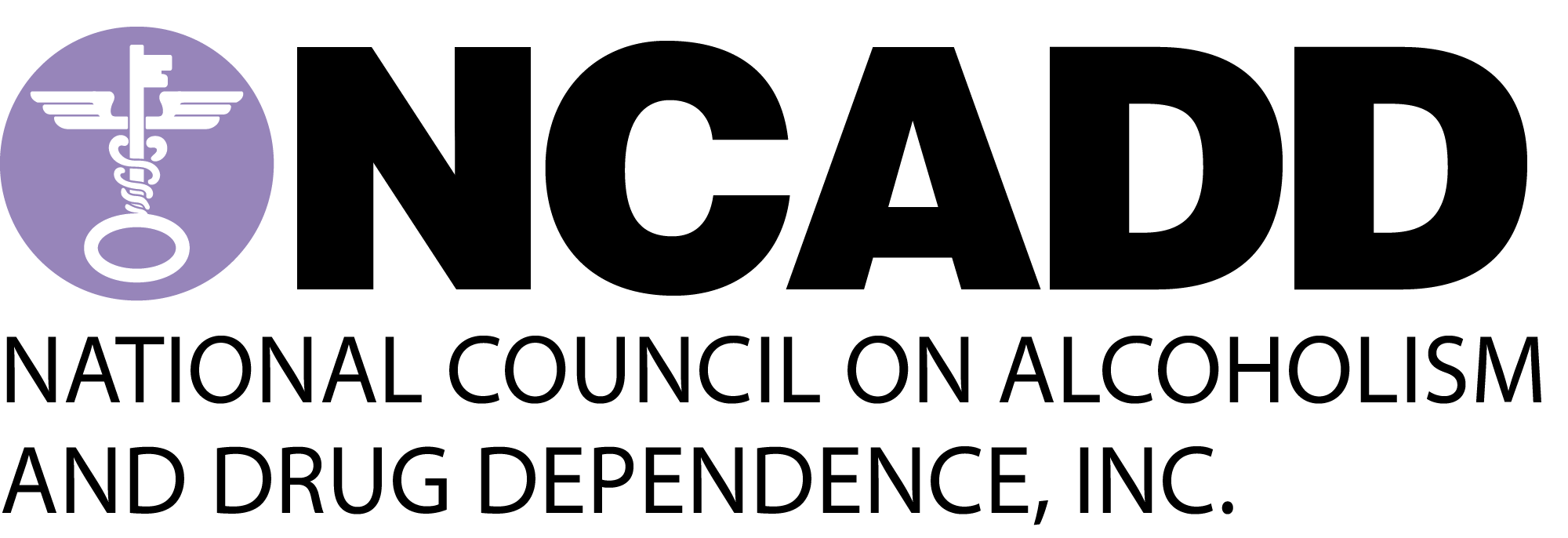Understanding and Responding to Drug Overdoses
Drug overdoses, whether accidental or intentional, stem from the misuse of illicit substances or the consumption of excessive doses of prescription or over-the-counter medications, resulting in an inability to detoxify the drug rapidly enough to avoid dangerous side effects.
Overdoses can occur suddenly, with a large intake of the drug at once, or gradually, as the drug accumulates in the body over time. Prompt medical intervention can be life-saving for those who have unintentionally or deliberately overdosed.
Symptoms of a drug overdose vary depending on the substance involved. Recognizing these signs and knowing the appropriate actions to take can help prevent tragedies. While the signs listed are indicative of an overdose, they are not exhaustive. If encountering someone displaying these signs, treat it as a medical emergency and call 911 immediately.
Depressant Overdose
Depressants like opioids, benzodiazepines, and alcohol slow down the central nervous system, impacting breathing and heart rate. Overconsumption of any of these substances, alone or in combination, can be fatal or lead to irreversible brain damage. Signs of a depressant drug overdose (e.g., heroin, morphine, oxycodone, fentanyl, methadone) include:- Shallow or absent breathing
- Snoring or gurgling sounds indicating partial airway obstruction
- Bluish lips or fingertips
- Limp extremities
- Unresponsiveness
- Disorientation
- Unconsciousness that cannot be awakened
Stimulant Overdose
Overdosing on stimulants such as amphetamines (e.g., speed, ice) can increase the risk of heart attack, stroke, seizures, or drug-induced psychotic episodes. Symptoms include:- Chest pain
- Confusion
- Severe headache
- Seizures
- Elevated body temperature without sweating
- Difficulty breathing
- Agitation, paranoia, or hallucinations
- Unconsciousness
Mixing Drugs
Combining multiple drugs strains the body and heightens the risk of adverse effects. For instance, mixing depressant drugs like alcohol and benzodiazepines with opioids increases the likelihood of overdose.How to React to an Overdose Situation
- Stay with them and offer reassurance.
- Attempt to gain a response from the person.
- If unresponsive, gently position them on their side to aid breathing and prevent choking.
- Call for emergency medical assistance.
- Administer first aid and CPR, if necessary.
- Monitor their condition closely.
